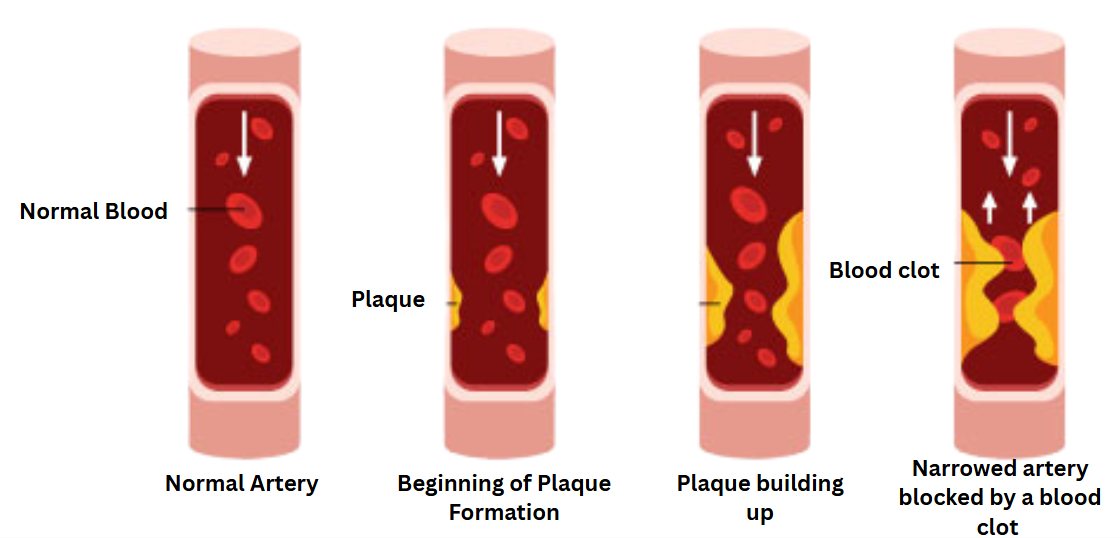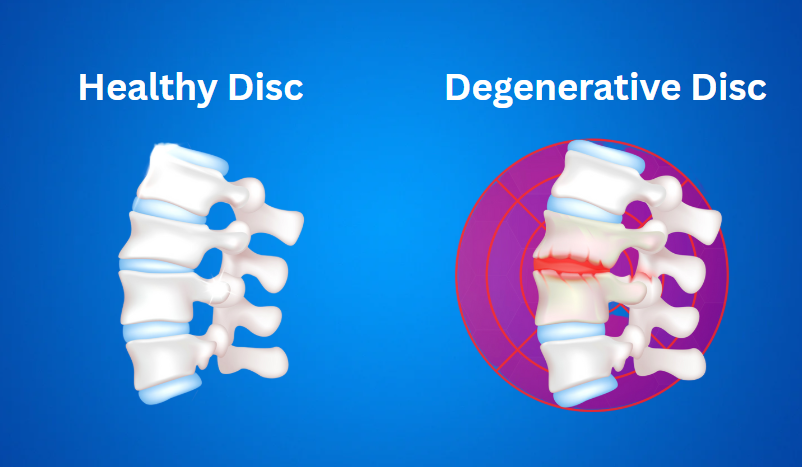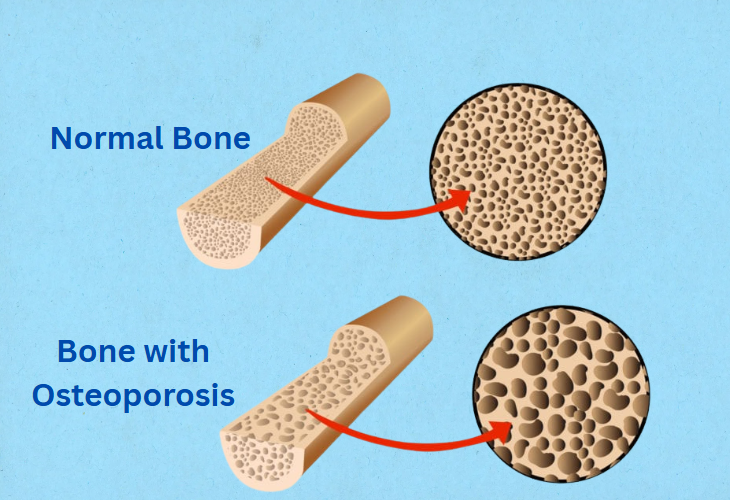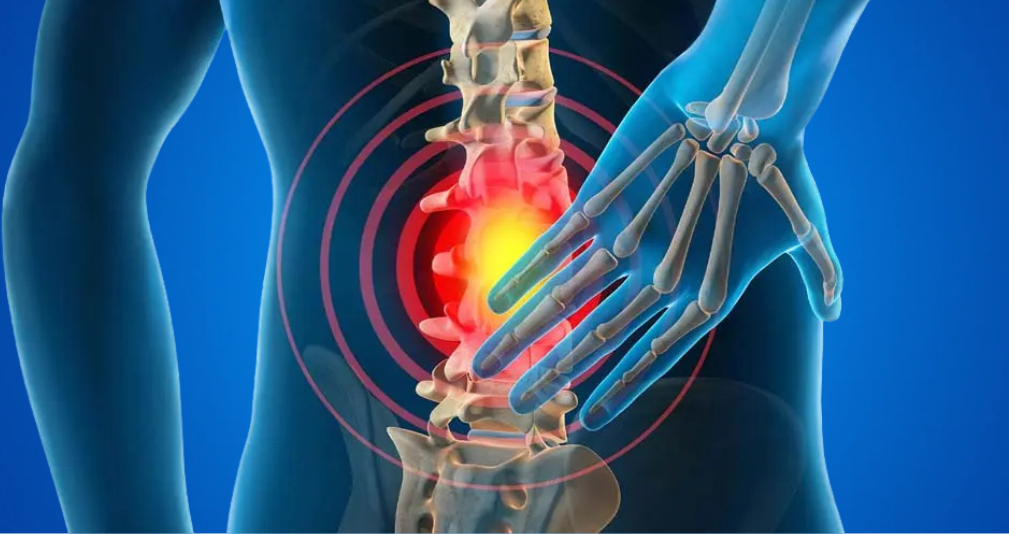Smoking is widely recognized for its harmful effects on overall health, but its specific impact on the spine is often underestimated. The effect of smoking on spine health is particularly concerning, as research consistently shows that smoking negatively affects spinal health in several significant ways, increasing the risk of back pain, degenerative disc disease, delayed healing, and poor surgical outcomes.
1. Reduced Blood Flow to the Spine:
One of the major effects of smoking is the constriction of blood vessels, which reduces blood flow throughout the body, including to the spine. Healthy spinal discs and vertebrae depend on a rich supply of oxygen and nutrients delivered by the bloodstream. Smoking impairs this supply, leading to early degeneration of the intervertebral discs—the soft cushions between the bones of the spine. Over time, this can cause pain, stiffness, and reduced flexibility.
2. Accelerated Disc Degeneration:
Nicotine and other toxins in cigarettes directly interfere with the health of spinal discs. They dehydrate the discs and reduce their ability to absorb shock and bear weight. Studies have shown that smokers are more likely to develop degenerative disc disease at a younger age compared to non-smokers. This can lead to chronic back and neck pain and may require medical or surgical intervention.
3. Increased Risk of Osteoporosis:
Smoking is associated with lower bone mineral density, increasing the risk of osteoporosis—a condition where bones become brittle and more likely to fracture. In the spine, weakened vertebrae can collapse, leading to spinal deformities, persistent pain, and decreased quality of life.
4. Impaired Healing After Spine Surgery:
Patients who smoke face significantly higher risks of complications following spinal surgery. Smoking interferes with bone healing, leading to a higher chance of failed spinal fusions (where two or more vertebrae are surgically joined together). Smokers are also more likely to experience infections, slower recovery, and less satisfactory surgical outcomes compared to non-smokers.
5. Increased Inflammation and Pain:
Smoking promotes systemic inflammation, which can worsen back pain. Inflammatory chemicals triggered by smoking may heighten pain sensitivity, making chronic spinal conditions more severe and harder to manage.
6. Greater Risk of Spine-Related Disorders:
Research indicates that smoking can increase the risk of other spine-related conditions, such as spinal stenosis (narrowing of the spaces within the spine) and herniated discs. These conditions often lead to significant nerve compression, causing symptoms like radiating pain, numbness, and weakness in the limbs.
Conclusion:
Smoking poses serious risks to spinal health, from accelerating disc degeneration to impairing recovery after injury or surgery. The effect of smoking on spine health is profound, influencing both the development and progression of spinal conditions. Quitting smoking can not only improve overall health but also significantly protect and preserve the integrity of the spine. Spine specialists, orthopedic surgeons, and physical therapists often strongly recommend smoking cessation as part of the treatment plan for individuals with back problems.
About Authors
Dr. Muhammad Mahmood Ahmad is a Spinal as well as an Orthopedic Surgeon with over 14 years of experience currently practicing at Razia Saeed Hospital, Multan.









